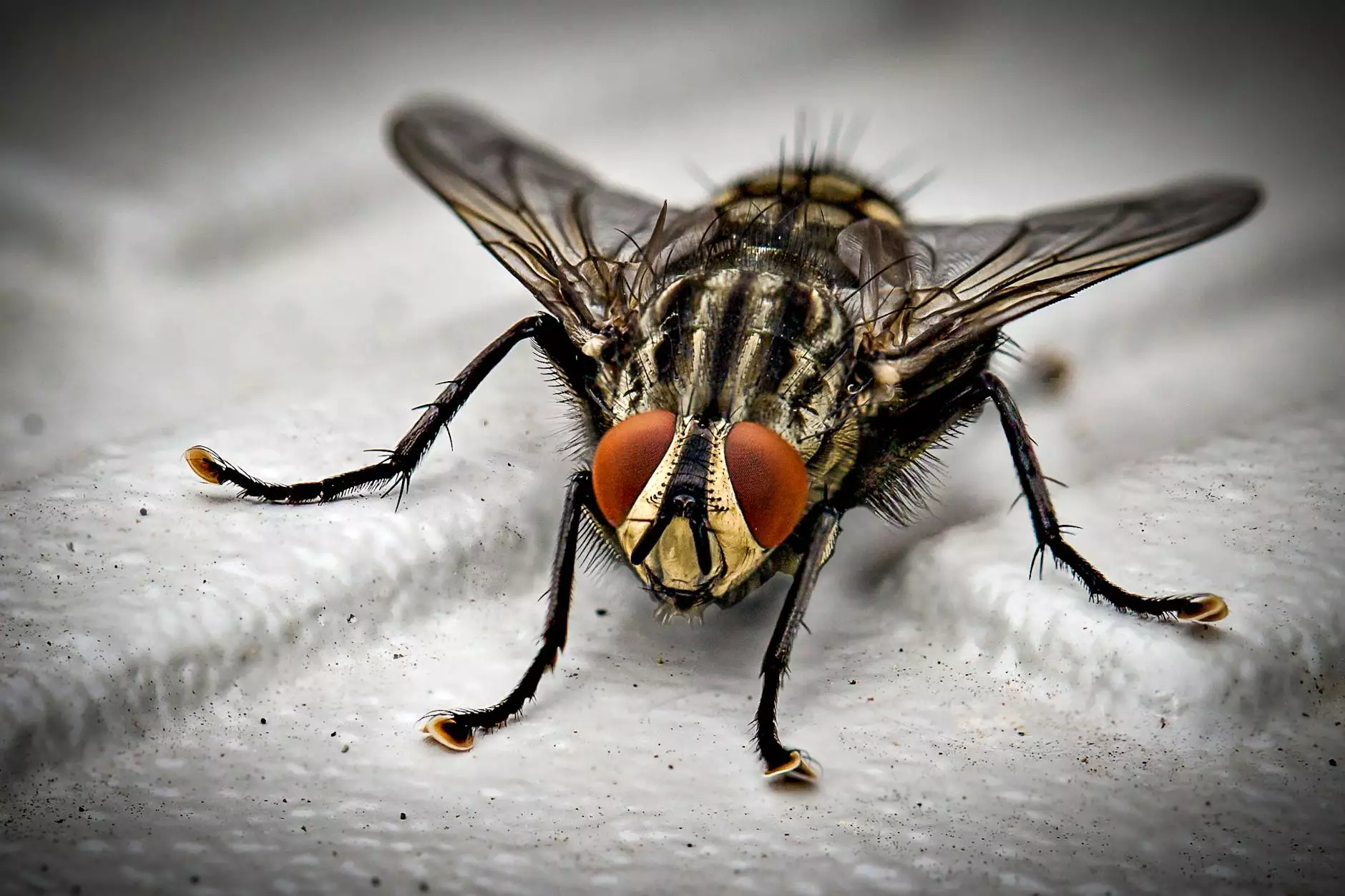The Best Practices for Insect Pest Management

In the realm of Farm Equipment Repair and Farming Equipment, one of the critical components that businesses need to manage efficiently is insect pest management. Understanding how to effectively handle insect pests can make a significant difference in the success and sustainability of your agricultural operations.
Why Is Insect Pest Management Important?
Insect pest management plays a vital role in ensuring the health and productivity of crops and livestock. Pests such as insects can cause substantial damage to agricultural yields if left unchecked. Implementing proper management strategies helps in reducing the risks associated with infestations.
Key Components of Effective Insect Pest Management
Successful insect pest management involves a combination of preventive measures, monitoring, and targeted control strategies. Here are some key components that businesses in Farm Equipment Repair and Farming Equipment should consider:
- Identifying and Monitoring Pests: Regularly inspecting crops and equipment for signs of pest activity is crucial. Early detection allows for timely intervention.
- Cultural Practices: Implementing practices such as crop rotation and maintaining proper sanitation can help deter pests from thriving.
- Biological Control: Utilizing natural predators or parasites to manage pest populations is an environmentally friendly approach to pest control.
- Chemical Control: When necessary, judicious use of pesticides can effectively target specific pests while minimizing environmental impact.
- Integrated Pest Management (IPM): The holistic approach of IPM combines multiple strategies to manage pests sustainably and economically.
Technological Advancements in Insect Pest Management
Advancements in technology have revolutionized insect pest management practices in the agriculture industry. Innovations such as precision agriculture, drone monitoring, and genetic modification of crops have enabled more precise and efficient pest control methods.
Best Practices for Sustainable Pest Management
For businesses in Farm Equipment Repair and Farming Equipment looking to adopt sustainable insect pest management practices, here are some best practices to consider:
- Protect Beneficial Insects: Encourage the presence of natural enemies of pests to maintain ecological balance.
- Use Biological Pesticides: Incorporate biopesticides derived from natural materials for effective pest control with minimal environmental impact.
- Practice Crop Rotation: Rotate crops strategically to disrupt pest life cycles and reduce the buildup of pest populations.
- Implement Trap Crops: Plant attractive trap crops to lure pests away from main crops, reducing damage.
Conclusion
Effective insect pest management is crucial for maintaining the health and productivity of agricultural operations in the fields of Farm Equipment Repair and Farming Equipment. By adopting sustainable practices and leveraging technological advancements, businesses can mitigate the risks posed by pests and ensure the long-term success of their ventures.









